Research Research Highlights
Research Highlights
Research Highlights
Research Highlights
Research Highlights 미리보기

Professor Hyobin Yoo’s Research Team at SNU Develops 2D Quantum Material Platform Using Moiré Lattice Superposition
Prof. Hyobin Yoo
Seoul National University College of Engineering has announced that a joint research team led by Professor Hyobin Yoo from the Department of Materials Science and Engineering, in collaboration with Professor Young-Woo Son (Korea Institute for Advanced Study) and Professor Changwon Park (Ewha Womans University), has successfully developed a two-dimensional (2D) quantum material platform through the superposition of moiré lattices.
Research Highlights Board
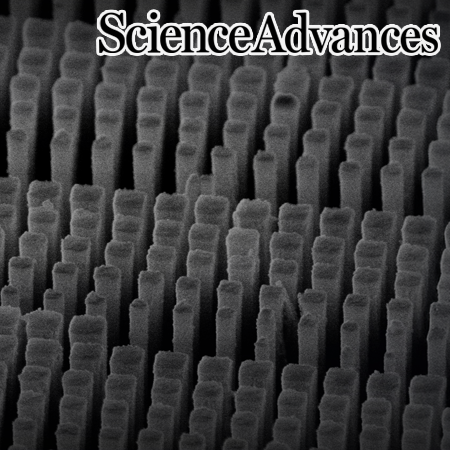
SNU Department of Electrical and Computer Engineering's Optical Engineering and Quantum Electronics Laboratory, Develops Ultra-Compact Camera Technology Optimized for VR/AR Devices
Seoul National University College of Engineering announced that researchers from the Department of Electrical and Computer Engineering’s Optical Engineering and Quantum Electronics Laboratory have developed an optical design technology that dramatically reduces the volume of cameras with a folded lens system utilizing “metasurfaces,” a next-generation nano-optical device.
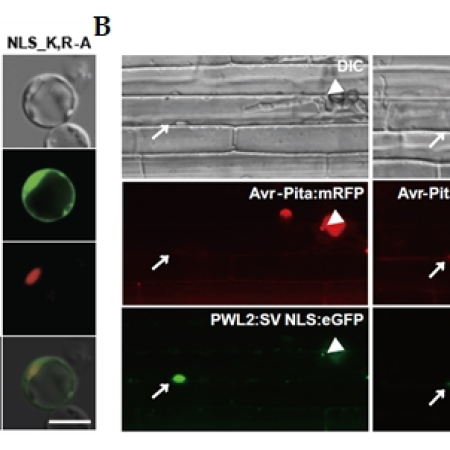
Nuclear localization sequence of MoHTR1, a Magnaporthe oryzae effector, for transcriptional reprogramming of immunity genes in rice
Prof. Yong-Hwan Lee
Plant pathogens secrete nuclear effectors into the host nuclei to modulate the host immune system. Although several nuclear effectors of fungal pathogens have been recently reported, the molecular mechanism of NLS-associated transport vehicles of nuclear effectors and the roles of NLS in transcriptional reprogramming of host immunity genes remain enigmatic.

Glia-like taste cells mediate an intercellular mode of peripheral sweet adaptation
Prof. Myunghwan Choi
The sense of taste generally shows diminishing sensitivity to prolonged sweet stimuli, referred to as sweet adaptation. Yet, its mechanistic landscape remains incomplete.
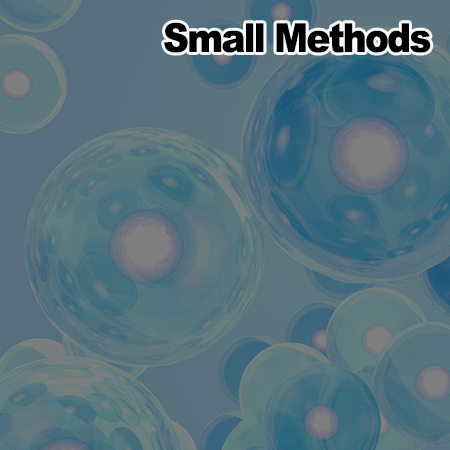
Novel FRET-based Immunological Synapse Biosensor for the Prediction of Chimeric Antigen Receptor-T Cell Function
Prof. Jihye Seong
Chimeric antigen receptor (CAR)-T cell therapy has revolutionized cancer treatment. CARs are activated at the immunological synapse (IS) when their single-chain variable fragment (scFv) domain engages with an antigen, allowing them to directly eliminate cancer cells.
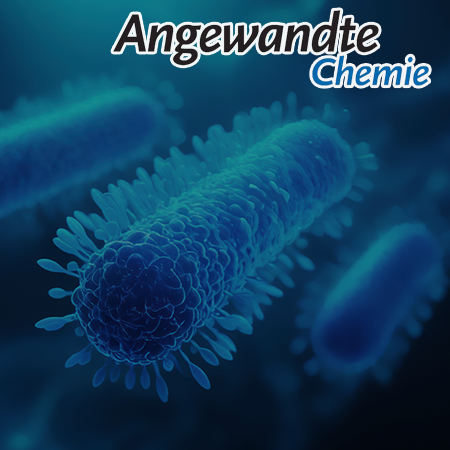
Discovery of a drug lead against multiple drug-resistant tuberculosis from insect symbiotic bacteria-derived natural products
Prof. Dong-Chan Oh
The emergence of multidrug-resistant (MDR) and extensively drug-resistant (XDR) strains of Mycobacterium tuberculosis (Mtb) poses a significant threat to health globally.

Breakthrough in Dementia Research: Decoding the Gut-Brain Axis
Prof. Inhee Mook-Jung
The ability to generate visceral sensory neurons (VSN) from induced pluripotent stem cells (iPSCs) may help to gain insights into how the gut-nerve-brain axis is involved in neurological disorders.
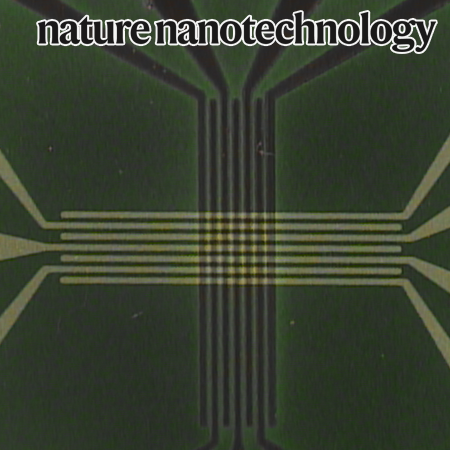
Professor Ho Won Jang's Research Team at SNU Develops Ultra-Low Power Neuromorphic Hardware for AI Computation
Prof. Ho Won Jang
Seoul National University College of Engineering has announced that a research team led by Professor Ho Won Jang from the Department of Materials Science and Engineering has developed neuromorphic hardware capable of performing artificial intelligence (AI) computations with ultra-low power consumption.
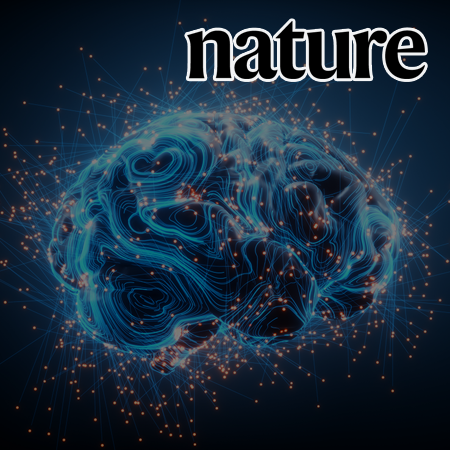
Temporally Distinct 3D Multi-Omic Dynamics in the Developing Human Brain
Prof. Dong-Sung Lee
Professor Dongsung Lee from the College of Medicine at SNU, in collaboration with researchers at UCLA and UCSF, has published a paper in Nature, being the first in the world to study epigenomic changes, including the three-dimensional genome structure and DNA methylation, during human brain development from the fetal stage to adulthood at the single-cell level, using the single-nucleus methyl-3C technology they developed.
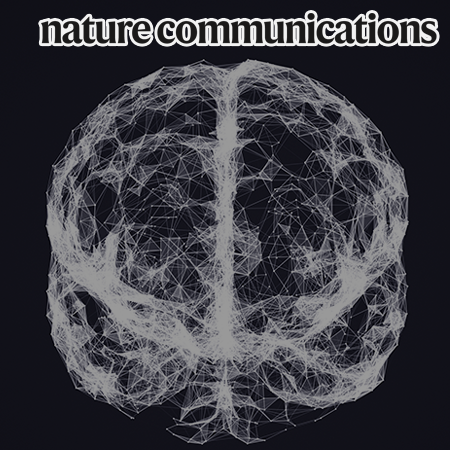
Identification of Neural Circuits for Efficient Information Processing through Core Information Extraction in the Primate Basal Ganglia
Prof. Hyoung F. Kim
Professor Hyoung F. Kim's and Sue-Hyun Lee’s research teams in School of Biological Sciences and Psychology department at SNU have discovered how single neurons in the primate basal ganglia extract value from modality-specific inputs, enabling efficient decision-making with fewer neural resources, and highlights the efficient information processing mechanisms underlying natural intelligence.

Professor Jaesang Lee‘s Research Team at SNU and Samsung Electronics SAIT jointly Discovers Mechanism of Performance Degradation in OLEDs
Prof. Jaesang Lee
Seoul National University (SNU) College of Engineering announced that Professor Jaesang Lee’s research team from the Department of Electrical and Computer Engineering, in collaboration with Samsung Electronics SAIT (Samsung Advanced Institute of Technology), has identified a critical mechanism behind the performance degradation of Organic Light-Emitting Diodes (OLEDs).
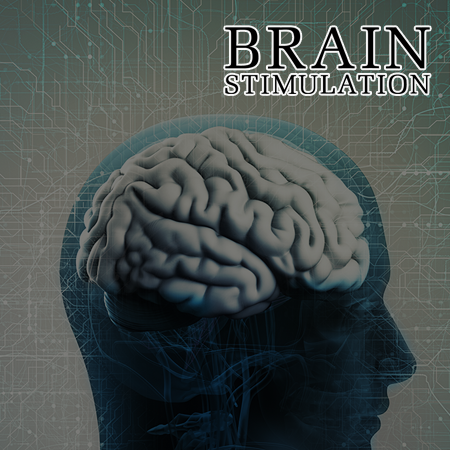
Professor Jai-ick Yoh's Research Team at SNU Develops Micro-Shockwave Electronic Therapy for Safe Non-Invasive Treatment of Brain Disorders
Prof. Jai-ick Yoh
Seoul National University’s College of Engineering announced that Professor Jai-ick Yoh's research team from the Department of Aerospace Engineering, in collaboration with Professor Hyung-Jin Choi’s team from SNU’s College of Medicine, has developed a non-invasive micro-shockwave therapy for the safe treatment of brain disorders without requiring surgical incisions.

Spatiotemporal active phase evolution for CO2 electrocatalysis
Prof. Jongwoo Lim
Professor Jongwoo Lim’s research team at SNU has successfully probed, in real-time at the nanometer scale, the transformation of a high-efficiency electrochemical catalyst that converts CO2 into ethylene, elucidating the formation mechanism of the 'Cu2+ phase' on the catalyst surface.

